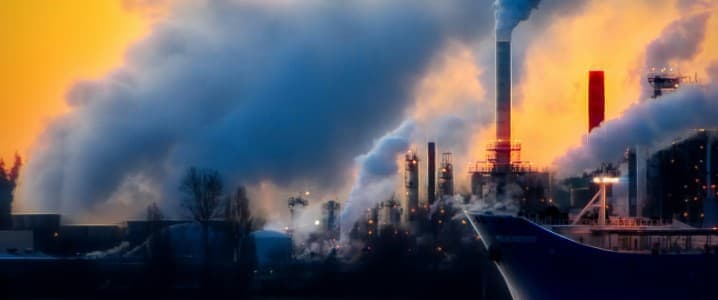Representatives of the EU’s 27 member states approved on Wednesday a new sanctions package against Russia, targeting another nearly 200 tankers of the shadow fleet Russia uses to ship its oil to markets.
The 17th sanctions package is expected to be officially endorsed and adopted by a meeting of the EU’s defense ministers on Tuesday next week.
The latest sanctions target the shadow fleet which Russia has been using for years to skirt the Western sanctions and the $60 per barrel price cap on its crude oil sales.
The package also includes designations of Russian individuals over cyber attacks, sabotages, and human rights violations in Europe, according to France 24.
The 17th sanctions package expands the EU sanctions against Russia’s shadow fleet. Earlier this year, the bloc agreed on a package of sanctions against Moscow, including a ban on Russian aluminum imports and the designation of 73 shadow fleet vessels. The package from February, the 16th since the Russian invasion of Ukraine, expanded the scope of the criteria to use to sanction vessel owners and operators of the Russian shadow tanker fleet, including captains.
Commenting on the initial EU agreement on the 17th sanctions package, European Commission President Ursula von der Leyen said on X “We are further restricting access to battlefield technology. And we have listed an additional 189 shadow fleet vessels to target Russia’s energy exports.”
Von der Leyen added, “This war has to end. We will keep the pressure high on the Kremlin.”
The EU and the U.S. have now turned their attention to Turkey, which is expected to host direct Ukraine-Russia talks on Thursday. Ukrainian President Volodymyr Zelenskyy has said he will travel to Turkey and expects to negotiate with Vladimir Putin himself and none other.
Russia has not yet said who will fly to the talks in Istanbul, while Putin resists calls to agree to a 30-day ceasefire.
Some EU leaders, including German Chancellor Friedrich Merz and French President Emmanuel Macron, have warned Russia that more sanctions would follow if Moscow continues to resist a ceasefire.
By Tsvetana Paraskova for Oilprice.com
More Top Reads From Oilprice.com

